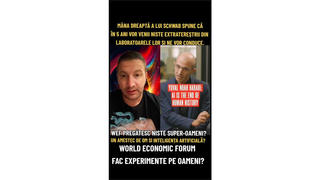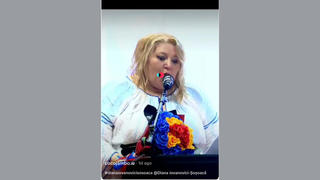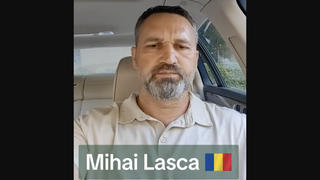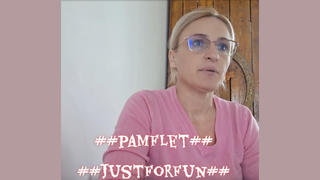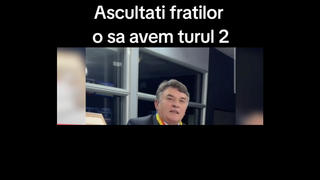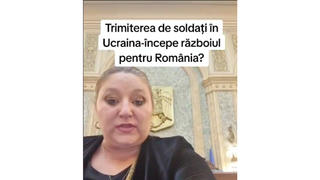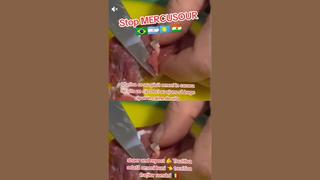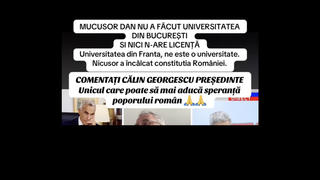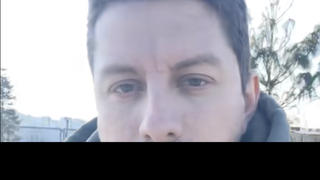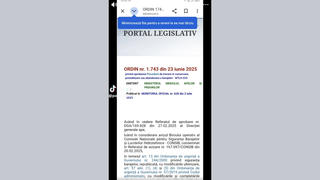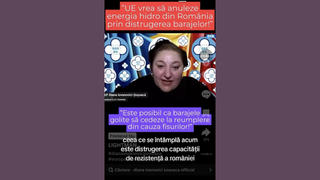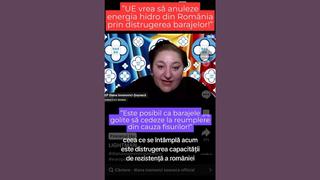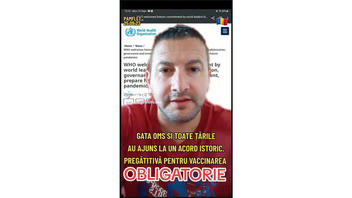
Did the World Health Organization reach a deal for the fight against future pandemics, signed by all member-states, giving the WHO the power to shut countries down and vaccinate people at will? No, that's not true: while negotiations among WHO member states for a deal on pandemic prevention and response are underway, the agreement is not meant to strip countries of their sovereignty and decision autonomy related to health restrictions and vaccination. Lead Stories has previously debunked similar claims.
The claim appeared in a video (archived here) posted on TikTok on September 25, 2023, with the following caption (as translated from English to Romanian by the Lead Stories staff):
That's it the WHO and all countries have reached a historic deal. Get ready for compulsory vaccination.
This is what the post looked like on TikTok at the time of writing:
(Source: TikTok screenshot taken on Tue Sep 26 12:12:36 2023 UTC)
The man speaking first says that the WHO reached a deal with all countries for the fight against "plandemics", adding:
From today on, whatever the WHO says will be done, OK? All governments signed it. It's official. The moment WHO will want to shut a country down, it will. If the WHO wants to shut a city down, it will. If the WHO wants to vaccinate you, to vaccinate us all, it will. You don't matter anymore.
The governments consented and said "yes, we will do everything that you want."
The speaker has often made similar claims whenever the World Health Organization announced updates related to the Pandemic Accord, defined as "a WHO convention, agreement or other international instrument on pandemic prevention, preparedness and response."
He then shows an official WHO press release dated September 20, 2023, titled "WHO welcomes historic commitment by world leaders for greater collaboration, governance and investment to prevent, prepare for and respond to future pandemics."
This release refers to a political declaration approved at the UN General Assembly, which tackled the Pandemic Accord, but did not announce its reaching a final stage. Among numerous measures required, the political declaration "recognized the need for member states to conclude negotiations on the Pandemic Accord, and continue their work to make targeted amendments to the International Health Regulations (2005) by May 2024."
However, the Pandemic Accord does not strip WHO member countries of their sovereignty and decision autonomy in pandemic-related matters. The accord's zero draft says the opposite by "[r]eaffirming the principle of sovereignty of States Parties in addressing public health matters, notably pandemic prevention, preparedness, response and health systems recovery."
In an earlier fact-check of a similar claim, a person who helped draft the accord told Lead Stories that states, localities and the federal government are the only authorities that can make domestic pandemic policies.
The WHO also offers relevant explanations on a dedicated FAQ page: "As with all international instruments, any new accord, if and when agreed by Member States, would be determined by governments themselves, who would take any action while considering their own national laws and regulations. Member States will decide the terms of the accord, including whether any of its provisions will be legally binding on Member States as a matter of international law".



